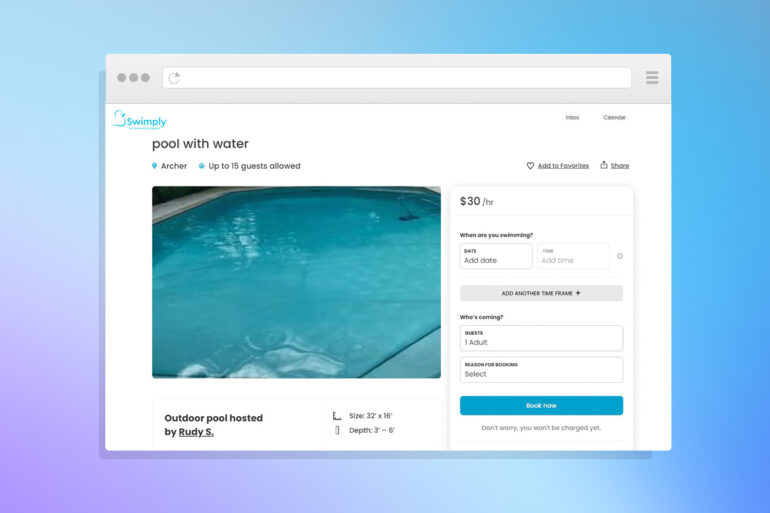Safety First

The role of bacteria water testing in maintaining a high standard of care
A few years ago, a client asked me if bacteria water testing was available outside of a lab setting. I was curious why this client asked because their facility was in Alberta, Canada, where lab testing is available free of charge for commercial bodies of water each week in accordance with provincial pool regulations.
The client disclosed they had a customer alleging a major bacterial infection resulting from the use of the therapy pool at their wellness clinic. The client cooperated fully with the public health investigation; they had shocked and drained the pool, increased the frequency of water chemistry testing and more. But the client was also keen to implement bacteria water testing between the weekly lab testing to rebuild trust in the community and demonstrate proactive steps for their insurer.
My research revealed a company that makes these types of kits in Canada. I ordered the AquaVial Water Test Kit for E. coli and coliform, tested it on a friend’s backyard pool and promptly wondered why more pool operators weren’t using technology like this.
So, what exactly is bacteria water testing, and what purpose does it serve for the swimming pool industry? George Botos, president and co-founder of ExactBlue Technologies Inc., manufacturer of the bacterial test kit I purchased, had the answers.
“I am an avid swimmer and love anything that has to do with the water, but I have been sick in the past from poorly maintained or polluted recreational waters, and I know what that means,” Botos says. “Every time you forget to add a chlorine tab to your hot tub or turn on the disinfection system, the water with dead skin cells in suspension and no biocide becomes an ideal growth environment for bacteria. Microbial tests can be used as a limit test to monitor if water is still under control.”
Bacteria water testing is not a replacement for mandatory water chemistry checks for free available chlorine, pH, cyanuric acid, total alkalinity, salt, etc. However, pool operators can supplement with bacterial water testing to help maintain a higher standard of care for customers.
“You can’t really improve something you can’t measure, and when you deal with bacteria that replicate every 20 minutes, results you get in a week have no value for a pool operator,” Botos says. “A pool operator using a rapid, on-site test kit would be able to determine the high-risk points in the facility, fix the problem on the spot and put in place a continuous monitoring program.”
Residential pool technicians will be familiar with customers who are very particular about pool maintenance. Rather than assume customers are giving you a hard time, have you stopped to consider they may have an immunocompromised family member? Could bacteria water testing become a service that you offer to assuage their concerns? It is an upsell, but it could bring customers significant added value in terms of peace of mind.
It is also likely that because bacteria water test kit use is not widespread in the swimming pool industry, it could be a market differentiator — you may be the only service provider in your area to offer this service. It could also be an impressive way to gain new customers by easily demonstrating bacteria present in the water of a swimming pool homeowners maintain themselves or that is poorly serviced by a competing service company.
“DIY [bacteria] water test kits are less expensive and provide faster results than laboratory testing, but it tends to be more qualitative,” Botos says. “Rapid test kits are also available that provide results in minutes. These can produce both qualitative [safe/not safe] or quantitative [actual bacteria counts] results.”
Based on the high volume of bathers and the high stakes of bad PR and litigation when things go wrong, commercial swimming pools should also consider implementing bacteria water testing into regular pool operations. After a pseudomonas and staph outbreak at Thermëa spa village | Whitby in 2022 resulted in a lawsuit with 110 claimants, management committed to daily water testing as a measure to regain public trust.
Even when we do everything correctly to maintain a safe aquatic environment, we cannot know what contagions enter the water. Bacteria water testing is another layer of safety to catch conditions that can pose a risk to our swimmers.






